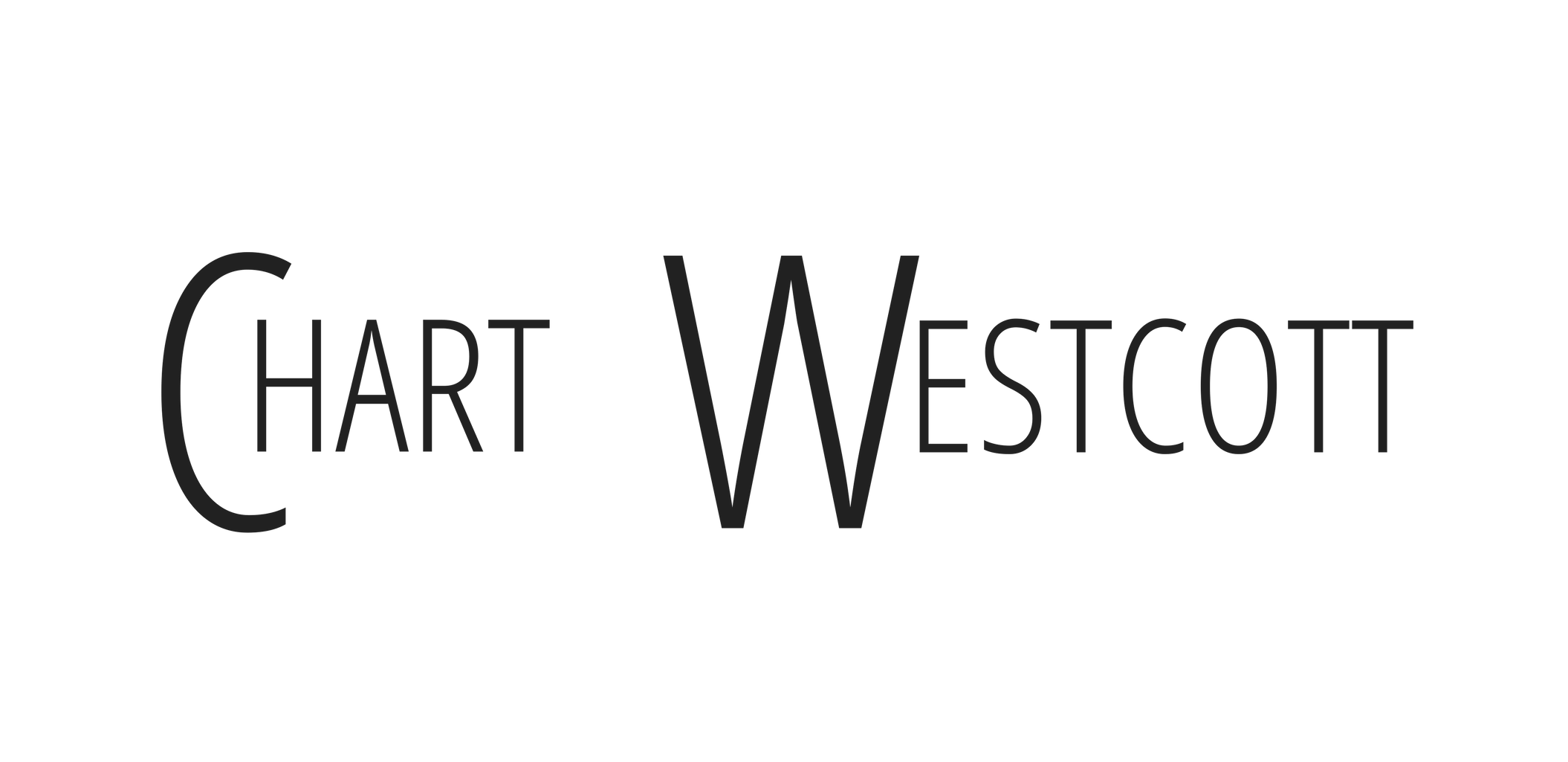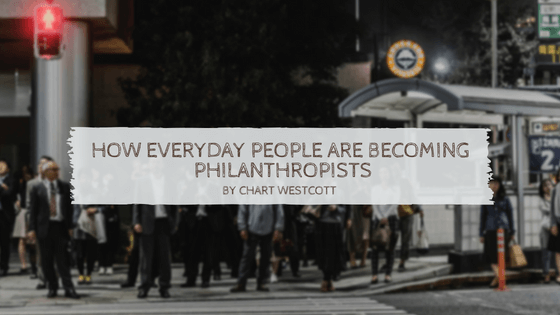Over the last couple of years, we have been inspired as we watch some of the wealthiest members of our society step up in their giving to help solve critical social, environmental, and economic issues. Their donations have sparked critical dialogue about how philanthropy plays a role in our nation and whether or not it can shift the dynamics of power in our country. Now that money is taking the big stage and funding many of the solutions in our society, more and more everyday people are looking to join the fray and enter this conversation, even if their donations contain a few less zeroes.
While it is true that introducing a more formal system of philanthropy is a wonderful idea, it is important that someone who wants to donate knows where to turn to make sure their dollars will make an impact on social change. Many people, including millennials, are looking for the foundations and corporations that make such an effort a reality.
Now, we are all aware of the many crowdfunding platforms (GoFundMe, etc.), but there are also new innovations being made that inspire further philanthropic education and equity. A great example of this is with the Triskeles Foundation. This organization based in Pennsylvania recently designed the “Philanthro-raffle” which makes one lucky winner the recipient of a donor-advised fund which is a charitable giving vehicle that is administered by an organization to manage any large donations on behalf of any family or individual. According to the CEO of the Triskeles Foundation, Clemens Pietzner, “the chance to become a philanthropist in our nation at this point and time is a great opportunity to those seeking to end injustices across our nation. By creating the Philanthro-raffle, we seek to give those who traditionally wouldn’t get access to the philanthropy world, full of access.”
These ideas come from this desire to ensure that the people who are affected the most by “big bet” philanthropic giving receive the access to the issues that affect them the most. We see this in urban areas especially as it pertains to education inequity. With the government funding being cut, it requires for private dollars to be relied upon help a school’s success. If government dollars don’t increase to help solutions down the line, systems of philanthropy may be one of the few solutions left to ensure children across the board get a decent education.
Now, educational inequity is not the only social justice that is creating tension in the United States. We see this in many sectors and issues. Now, if you are someone who is affected by these issues or know anyone who is affected by these issues, there are a few ways you can start to get on track with your philanthropic journey. You can invest in a new idea. Visiting sites like Inside Philanthropy or the Idealist.org can keep you up to date with any new ideas. You can also look to get active in a local philanthropic group to see what giving circles look like in your community. This is a great way to pool your resources with other members in your area.

